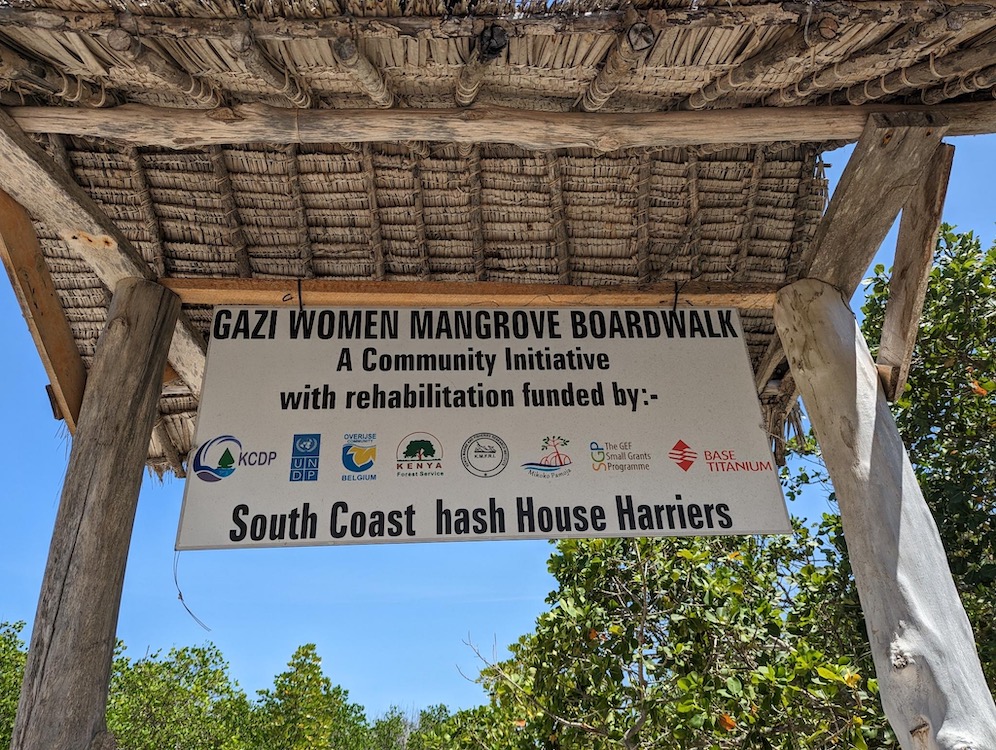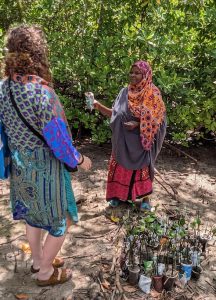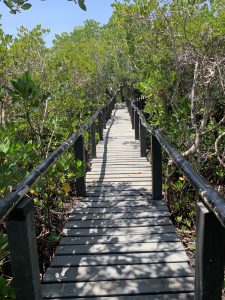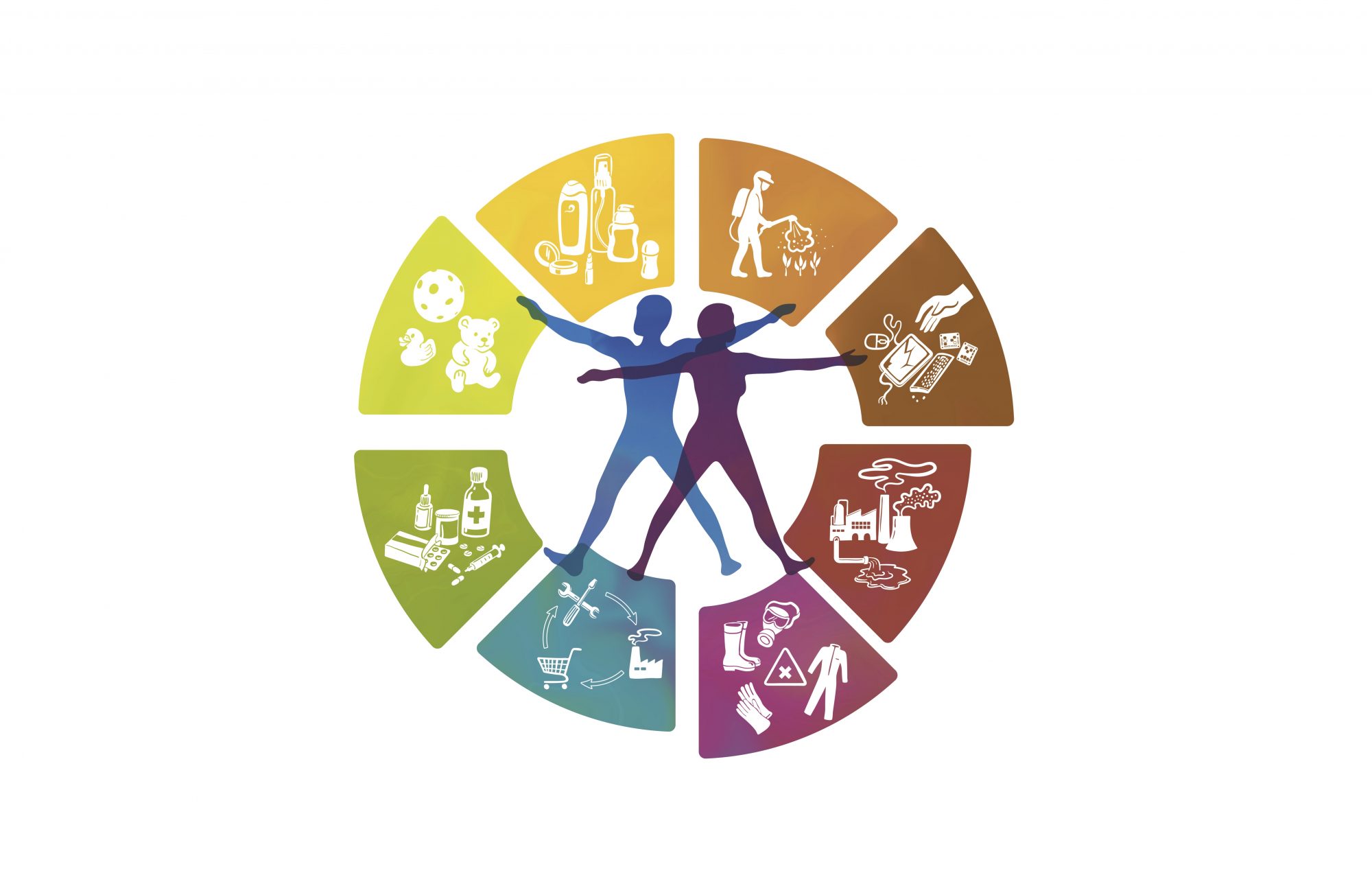Feb/March 2023 in Nairobi, Kenya

The resumed 4th meeting of the intersessional process for considering SAICM and the sound management of chemicals and waste beyond 2020 (IP4.2) took place in Nairobi, Kenya from February 27 to March 03, 2023 (SAICM, 2023).
Approximately 500 delegates from governments, intergovernmental organizations, industry, civil society organizations, unions, professional associations, women and gender experts and youth networks met at UNEP headquarters to continue the fourth meeting of the intersessional process that began in August 2022 in Bucharest, and to discuss further the details for a future international framework on the sound management of chemicals and waste in the following groups:
- Thematic group 1: vision, scope, principles and approaches, strategic objectives, targets, and indicators
- Thematic group 2: institutional arrangements, linkages with the future Science-Policy Panel, issues of concern, and mechanisms to support implementation
- Thematic group 3: mechanisms to support capacity building and financial considerations
The meeting made “substantial progress on implementation mechanisms for the new instrument, capacity building, stocktaking, measurability and modalities for considering new issues of concern” (ENB, 2023) and delegates also discussed resolutions to be adopted at the Fifth International Conference on Chemicals Management (ICCM5) in Bonn, Germany, in September 2023 (ibid.). Nevertheless, agreement could not be reached on a range of topics, including targets and financial considerations, and important sections of the consolidated IP document will need further work before ICCM5 in order to achieve the necessary balance between the desired ambition of the new framework and the necessary resources to pursue this ambition successfully, including developing countries. Hence, it was decided during the closing plenary to adjourn IP4 again and resume the session two days before ICCM5.
A summary report by the ENB is available here.

Advocacy for a gender-responsive new framework
Together with other organizations interested in women’s and gender issues, Anna Holthaus from the MSP Institute participated in IP4.2 to advocate for the integration of gender into the new framework. The informal women and gender group actively participated in discussions, met with ICCM5 President Dr. Anita Breyer, and delivered a closing statement in plenary.
The group successfully advocated to include several text proposals on women and gender in the document:
Gender language in principles and approaches:
[Groups in vulnerable situations] [Particularly impacted groups]
18. “Recognizing that exposure to chemicals and waste often disproportionately affects people in vulnerable situations, including children, youth, the elderly, persons with disabilities, women, workers, migrants, farmers, people living in poverty and Indigenous Peoples and local communities. The implementation of the framework should take these groups into consideration when protecting human health and the environment.
Gender equality
19. Women are agents of change and are vital to address the issues of chemicals and waste. The instrument/framework advances gender equality through their full and equal participation and gender inclusive approaches in all aspects of the implementation of the new instrument/framework, including in decision making [through the implementation of a Gender Action Plan].
Gender language in targets:
Target B3 on data:
“by [20XX] [2030]], [[Governments ][and relevant] [stakeholders to generate]] [require the generation of] [robust]] data on production [and consumption] of chemicals, releases and emissions of chemicals and waste to the environment [based on lifecycle approach] and [gender and age disaggregated on] [concentrations of chemicals in humans][, burden of human disease], biota, and environmental media is generated and [made] [publicly] available [at regional and global [all] levels] [and harmonized research protocols are developed and used to [promote] [ensure] coherence and comparability of this data].]
Target B5 on educational, training and public awareness programmes:
“by 20XX [gender responsive] educational, training and public awareness programmes on chemical safety, sustainability, safer alternatives and benefit of [reducing chemicals and waste risks] [chemicals] have been developed and implemented.” Additional bracketed wording from two CSO proposals on [access to training on chemical risk prevention and clinical environmental toxicology] are included after the target’s main statement, for future consideration.
Nevertheless, a lot of work still remains to ensure that text on women and gender will be taken out of brackets in the final agreement and that gender equality will be ensured in the implementation of the new framework.
We are looking forward to continue our work in the process towards ICCM5 and to strengthen our collaboration with other feminists and women and gender organizations as well as with youth delegates!

Project visit in Kenya: Gazi’s women tackle the triple planetary crisis
Being in Kenya for the SAICM IP4.2 meeting the MSP Institute used the opportunity to also visit some women actors of change. In the village of Gazi, near the Tanzanian border, a group of women is taking care of the mangrove forest to protect biodiversity and foster climate action. Since 2016, the group has been raising awareness through sustainable tourism and community outreach on their boardwalk in the mangroves. The activities are funded by several international and national organizations as well as local industry actors. However, the project has suffered setbacks in recent years, including the COVID-19 crisis as well as plastic pollution. Now, repairing the boardwalk should support recovery: the old rotten wood is currently being replaced with recycled plastic waste material. This will help to attract tourists and to ensure lasting mangrove restoration. The project demonstrates that women are critical to addressing the triple planetary crisis, and their engagement strengthens local communities. For more information about the Gazi women and their project work, watch a short video here.



